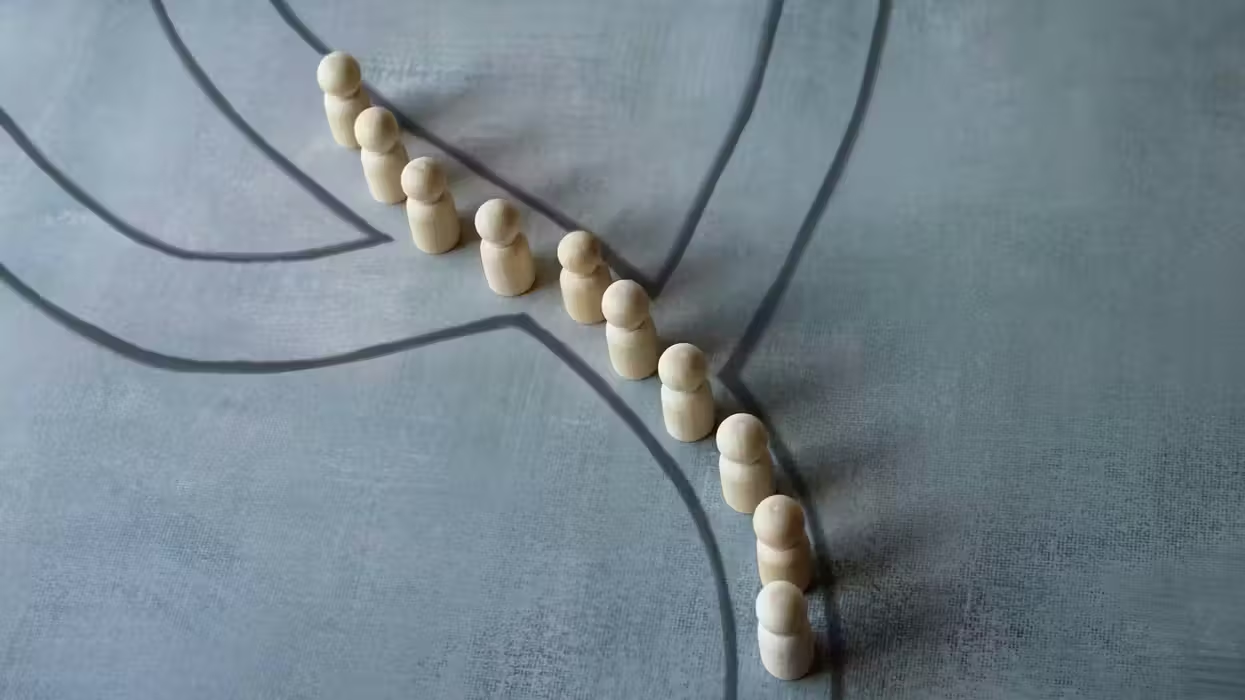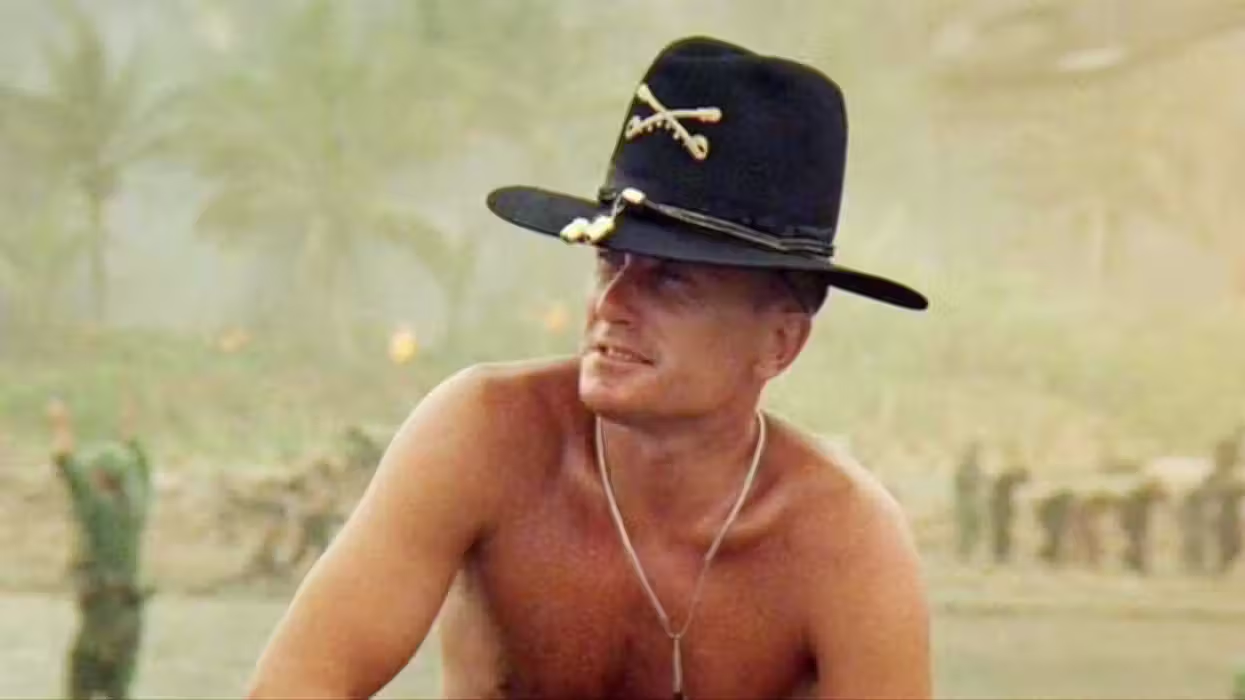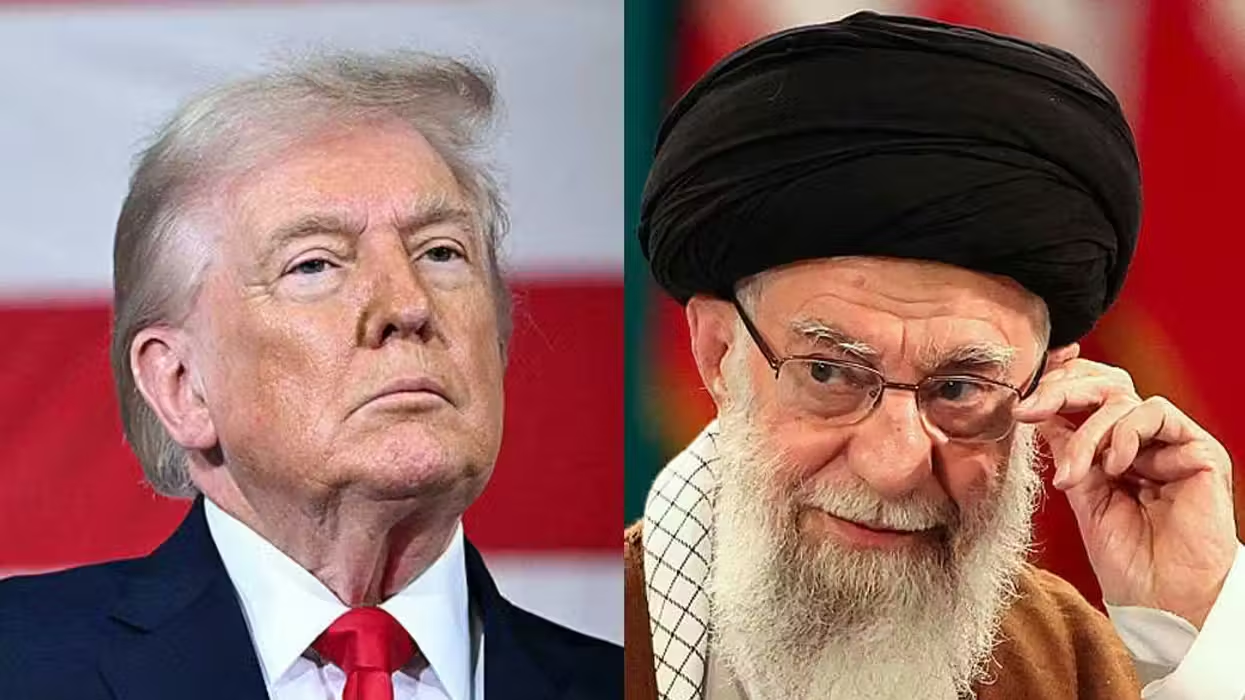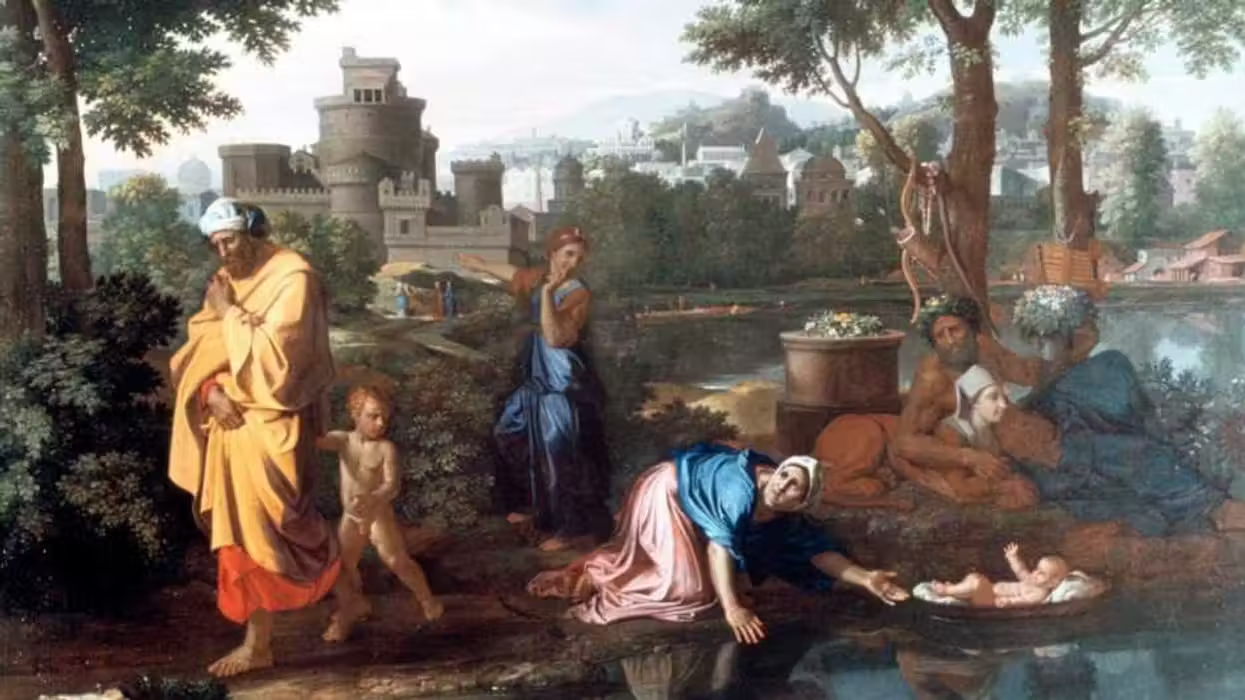
© 2026 Blaze Media LLC. All rights reserved.
Socialist autocrat Nicolas Maduro helped continue the downward spiral in Venezuela for what was once a promising and growing state, leading to a full-blown economic, societal, and now a political crisis.
On Wednesday, the United States government threw its weight behind the legitimacy of Venezuelan opposition leader Juan Guaido. In the span of minutes, the Trump administration built a rapid-fire, almost instant global coalition behind the removal of the Venezuelan dictator Maduro.
The country’s economy is in a state of collapse. Once private and thriving companies were forcibly overtaken by state authorities, with disastrous consequences for some 500 or more businesses. Socialist management of Venezuela’s oil riches has led to major output issues. Inflation continues to devalue its already worthless currency. Its GDP contracted by more than 10 percent in 2018. Political and societal instability has resulted in a substantial brain drain. High taxation and regulation have made it pretty much impossible to become a successful businessman or entrepreneur without working hand in glove with the state. And given that the socialized system delivers no incentive to make a living, logistics are a national nightmare, resulting in empty supermarkets and shuttered stores.
Life in general for the average Venezuelan remains exceedingly difficult. Law and order are basically nonexistent. The government regularly engages in extremely violent crackdowns on who they perceive to be political opponents.
These realities have created a massive humanitarian crisis in Venezuela affecting tens of millions of people. The past year has seen hundreds of thousands of Venezuelans regularly taking to the streets, in defiance of Maduro, to raise awareness about their desperate and horrific conditions.
President Trump recognized Juan Guaido as president of Venezuela just minutes after Guaido declared himself “acting president” at a protest in Caracas on Wednesday.
“In its role as the only legitimate branch of government duly elected by the Venezuelan people, the National Assembly invoked the country’s constitution to declare Nicolas Maduro illegitimate, and the office of the presidency therefore vacant,” President Trump said in a statement. “The people of Venezuela have courageously spoken out against Maduro and his regime and demanded freedom and the rule of law.”
Sen. Marco Rubio has played a major role in supporting the White House and rallying a global coalition behind Guaido. He has been an active voice in the Senate, in international media, and on social media, making the case for why Maduro must depart the presidency.
The vast majority of countries in the Western Hemisphere have backed Guaido. Eleven countries in the 14-country Lima Group — Argentina, Brazil, Canada, Chile, Colombia, Costa Rica, Guatemala, Honduras, Panama, Paraguay, and Peru — released a statement backing Guaido. Mexico, Cuba, and Bolivia support Maduro, while a few, such as Guyana, Uruguay, and Saint Lucia, remained neutral.
Across the globe, several powerful authoritarian nations continue to put their weight behind Maduro. Turkey, Russia, Iran, China, and others have expressed their support for Maduro as the leader of Venezuela. The European Union backed Guaido and urged immediate democratic elections.
Both Maduro and Guaido continue to claim the mantle of the presidency. Maduro justifies his legitimacy by pointing to his victory the 2018 elections, which international observers considered to be rigged in his favor. Guaido is currently the president of the Venezuelan National Assembly. In that position, he becomes interim president of the country if there is a presidential vacancy. Guaido claims that Maduro’s 2018 election was illegitimate, and therefore Guaido should be president.
It remains too early to tell who will persevere as the ultimate authority in Venezuela. A former Venezuelan ministry says that ultimately, the “guys with guns,” or the Venezuelan military, will determine the outcome of the political crisis, putting aside the prospect of foreign intervention.
#mc_embed_signup{background:#fff; clear:left; font:14px; }
/* Add your own MailChimp form style overrides in your site stylesheet or in this style block.
We recommend moving this block and the preceding CSS link to the HEAD of your HTML file. */
Want to leave a tip?
We answer to you. Help keep our content free of advertisers and big tech censorship by leaving a tip today.
Want to join the conversation?
Already a subscriber?
more stories
Sign up for the Blaze newsletter
By signing up, you agree to our Privacy Policy and Terms of Use, and agree to receive content that may sometimes include advertisements. You may opt out at any time.
Related Content
© 2026 Blaze Media LLC. All rights reserved.
Get the stories that matter most delivered directly to your inbox.
By signing up, you agree to our Privacy Policy and Terms of Use, and agree to receive content that may sometimes include advertisements. You may opt out at any time.






